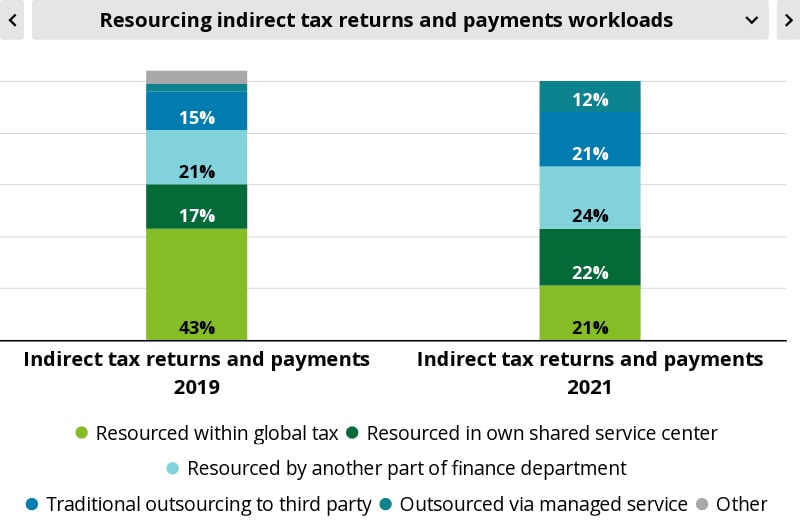Understanding Gift Tax on Loans: What You Need to Know to Avoid Surprises
#### Introduction to Gift Tax on LoansWhen it comes to financial assistance between family members and friends, loans can often be a practical solution. How……
#### Introduction to Gift Tax on Loans
When it comes to financial assistance between family members and friends, loans can often be a practical solution. However, many individuals overlook the implications of gift tax on loans. Understanding the nuances of gift tax can save you from unexpected tax liabilities and ensure that your financial support remains beneficial rather than burdensome.
#### What is Gift Tax?
Gift tax is a federal tax imposed on the transfer of money or property from one individual to another without receiving something of equal value in return. The IRS has set annual exclusion limits, which means you can give a certain amount each year without incurring gift tax. For 2023, this limit is $17,000 per recipient. This amount is crucial to understand when considering loans, as they can sometimes be classified as gifts.
#### How Loans Can Be Considered Gifts

When you lend money to someone, the IRS may view that loan as a gift if it is not structured correctly. For example, if you lend a significant sum without charging interest or if the interest rate is below the IRS's Applicable Federal Rate (AFR), the IRS may deem the loan to be a gift. This can lead to potential gift tax implications, especially if the total amount exceeds the annual exclusion limit.
#### Implications of Gift Tax on Loans
If a loan is classified as a gift, the lender may be required to file a gift tax return (Form 709) and potentially pay taxes on the amount that exceeds the annual exclusion limit. This can create unexpected financial burdens and complicate tax filings. Therefore, it's essential to understand how to structure loans to avoid triggering gift tax.
#### Structuring Loans to Avoid Gift Tax
To ensure that your loan is not considered a gift, consider the following strategies:
1. **Charge a Reasonable Interest Rate**: Make sure to charge at least the Applicable Federal Rate (AFR) set by the IRS. This establishes that the money is being lent and not given as a gift.
2. **Create a Written Loan Agreement**: Having a formal agreement that outlines the loan amount, interest rate, repayment schedule, and consequences of default can help establish the legitimacy of the loan.
3. **Document Payments**: Keep records of all payments made towards the loan to demonstrate that it is being repaid as agreed.

4. **Limit the Amount**: If possible, keep the loan amount within the annual exclusion limit to avoid gift tax implications entirely.
#### Conclusion: Be Informed and Prepared
Understanding the intricacies of gift tax on loans is essential for anyone considering lending money to family or friends. By structuring loans appropriately and being aware of the IRS guidelines, you can provide financial assistance without inadvertently triggering gift tax liabilities. Always consult with a tax professional to ensure compliance with tax laws and to explore the best strategies for your specific situation. Being informed and prepared will help you navigate the complexities of gift tax and maintain healthy financial relationships.